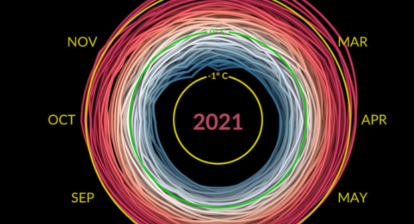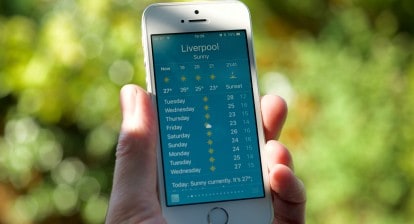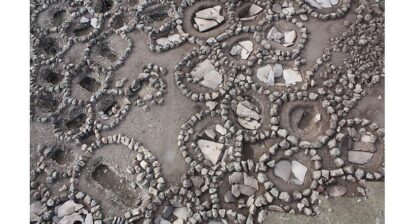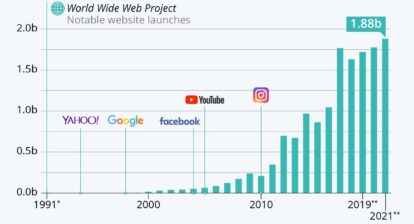Nature and environment seemed to get a bit of a reprieve from lockdowns during this pandemic. Images and stories of wild animals and birds visiting more areas because of low human activity abounded. We all thought that perhaps the Earth would heal a bit because humans were unable to continue their destructive activities.
Two researches say otherwise. New data from EU satellites shows that 2020 is close to 2016 as the warmest year on record, and was 1.24 dedgrees Celsius above average from the pre-industrial period (1850-1900) according to the Copernicus Climate Change Service. Europe was 0.4 degrees warmer than 2019 – a new record. In the Artic and Siberia, temperatures were 6 degrees above average (in some locations).
Copernicus Bulletin’s December Highlights:
- Globally, December 2020 was the sixth warmest on record, with the six warmest Decembers occurring in the last six years. Temperatures were most above average over large parts of Canada, Greenland, Scandinavia, as well as over the largely ice-free Barents, Kara and Chukchi Seas.
- Meanwhile temperatures were most below average over a vast area covering much of the central Asian republics, southern Russia and large parts of China.
- Arctic sea ice extent tied for third lowest December in our record, closely following the second lowest, with the northern Barents and southwestern Kara Seas seeing the largest negative sea ice concentration anomalies. The Antarctic saw just below average sea ice extent, but with large regional differences.
- Above average precipitation and temperature prevailed over most of Western, Northern and Southern Europe, leading to localised damage and flooding. Large regions in extratropical North and South America, as well as in easternmost Europe into Central Asia, saw drier-than-average conditions.
Warmer weather and dry conditions resulted in extended and very active Arctic fires. And these fires released a record amount of CO2, up over a third from 2019. Overall, the past decade (2010 – 2020) has been the warmest on record. Basically, fossil fuel use and deforestation have gone on unabated.
That’s not all. The situation will get worse, with the UK Met Office predicting that in 2021 carbon emissions will be 50% higher than the pre-industrial levels – exceeding 417 ppm at some point between April and June this year.
Although some greenhouse gas emissions decreased during 2020 because of the pandemic, the build-up of the gas in the atmosphere has continued to increase. This was brought to light this week when another study published in Nature Climate Change, said that carbon already present, in the atmosphere (remember CO2 stays around for a long time) will push global temperatures to approximately 2.3 degrees Celsius above pre-industrial on average – this is known as “committed warming”. This is already higher than the 2 degrees Celsius international committments and way beyond the more ambitious goal of 1.5 degrees – both made as part of the Paris Agreement. On average the planet has already warmed by 1.1 degrees Celsius; extreme weather events are already a norm.
As Prof Richard Betts from the Met Office put it: “It took over 200 years for levels to increase by 25%, but now just over 30 years later we are approaching a 50% increase.”
There is no doubt that more needs to be done. Hope lies in the fact that over a 100 countries have pledged to cut carbon emissions to net-zero by 2050. This will help CO2 in the atmosphere to go down, due to absorption by oceans, forests and wetlands. Certainly a good sign for future warming, although there will still be some warming even under net-zero emissions.







